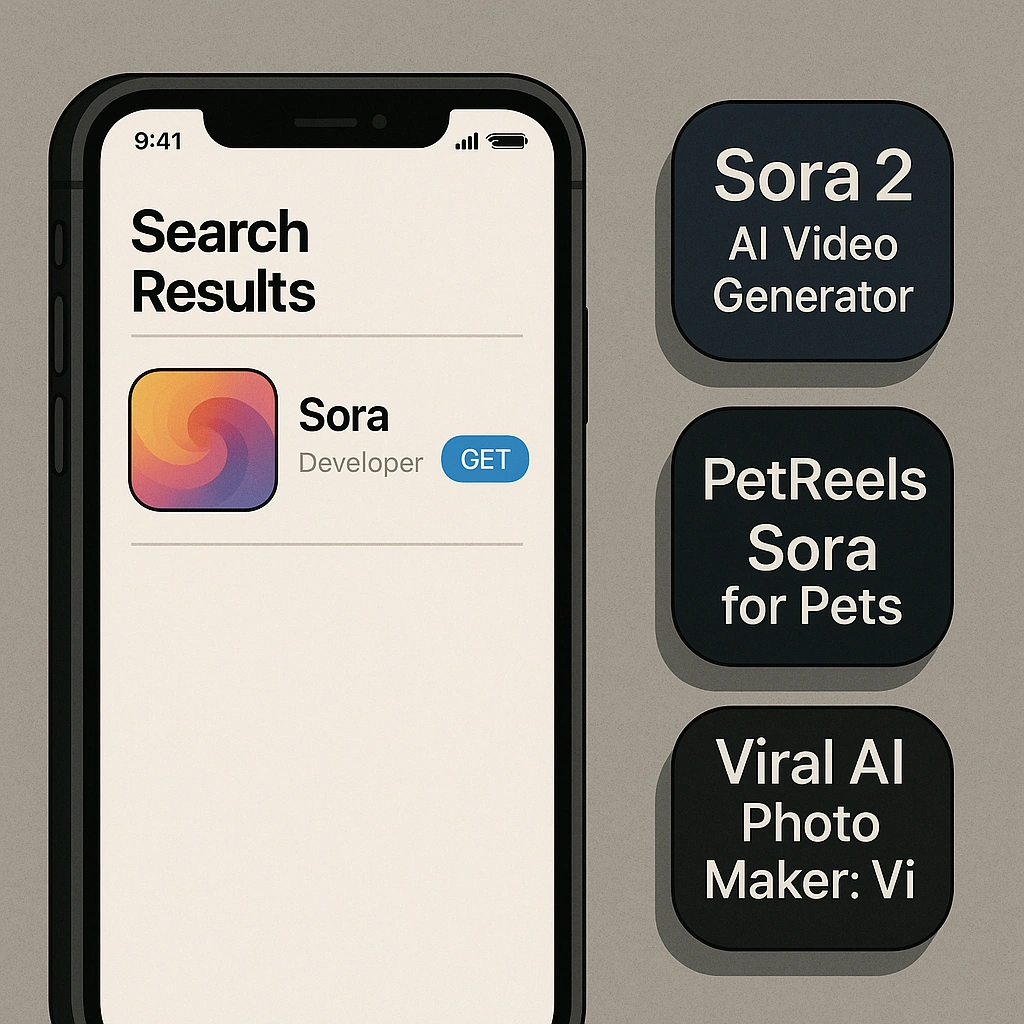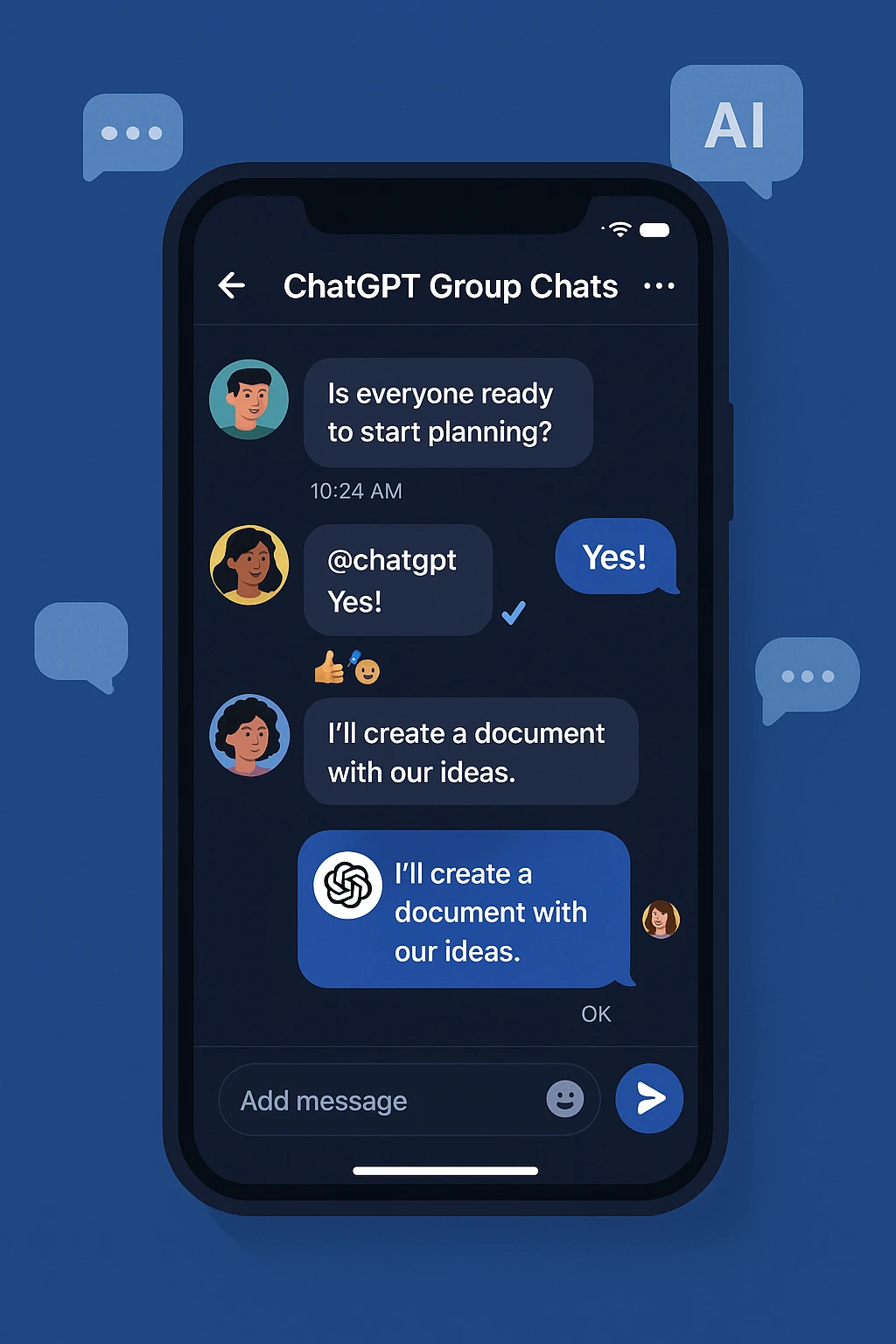Let’s now analyze an event that occurred not long ago.
After the launch of OpenAI’s official Sora app, the App Store has been flooded with fake clones exploiting the “Sora” name to attract downloads and money from unsuspecting users.
Since OpenAI officially released Sora last weeks, dozens of copycats have appeared overnight apps like “Sora 2 AI Video Generator”, “PetReels Sora for Pets”, and “Viral AI Photo Maker: Vi-sora”. Scammers quickly jumped on the hype, using misleading titles and icons to trick users into downloading fake versions.
Over 300,000 downloads for fake Sora apps
According to data from Appfigures, these counterfeit apps have generated more than 300,000 downloads and around $160,000 in revenue all flowing straight into the pockets of opportunistic developers. Apple’s review system, meant to prevent such cases, seems to have completely missed the mark this time.

OpenAI has officially trademarked the “Sora” name, which is now widely recognized even beyond the tech world. Yet, more than a dozen impostor apps have slipped through Apple’s review process and gone live on the App Store. Some used the simple “Sora” name, others tried to appear as sequels (Sora 2), while others disguised it in composite names like “Vi-sora” or “PetReels – Sora for Pets”.
Old apps reborn as scams
The most surprising part? Many of these fake apps weren’t new at all. Some had been sitting unnoticed on the App Store since early 2024, collecting dust. Developers merely updated them, changed the titles to include “Sora”, refreshed the icons, and waited for the hype to do the rest. A disturbingly clever move and an embarrassing loophole for Apple.
Following the official Sora release, over 80,000 downloads came from these clones alone. Considering OpenAI’s app hit 1 million downloads in the same period, that means nearly 8% of users searching for “Sora” ended up installing a fake.
Among all the impostors, the most successful was “Sora 2 – AI Video Generator”, an app name perfectly optimized for search visibility and legitimacy. It managed to surpass 50,000 installs after Sora’s debut an impressive feat for what was essentially a scam.
Apple under pressure
The wave of fake Sora apps has reignited the debate over Apple’s App Store moderation. Despite its strict review policies and hefty developer fees, Apple has repeatedly struggled to contain fraudulent or misleading apps during major product launches.
If Apple doesn’t act quickly to purge the fakes and tighten its controls, the Sora case could become yet another example of how even the world’s most controlled app ecosystem can be exploited by simple rebranding tricks.




